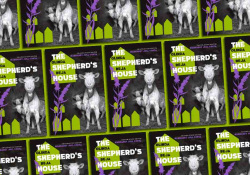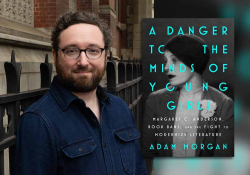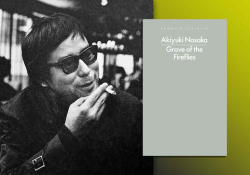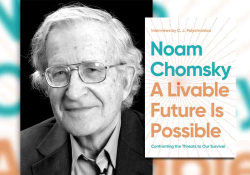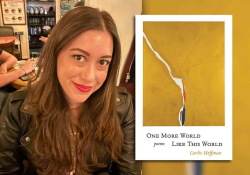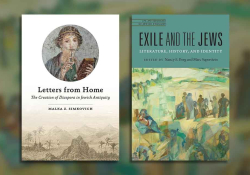Amit Chaudhuri’s Autofictive Bombay

Amit Chaudhuri’s seventh novel, Friend of My Youth (New York Review Books, 2019), follows a version of the author in the years prior to the book’s publication, eventually catching up with the narrator proclaiming that he has been writing a book entitled Friend of My Youth, taking the title from an Alice Munro story.
Following the credo “. . . writing is not about life. It is a form of living,” the protagonist illustrates living in its most mundane form: eating, walking, reminiscing, and buying shoes for his mother. Not much plot develops in this stream-of-consciousness novel. Strings of impressions and memories are woven around the narrator’s visits to Bombay, the town of his upbringing, where he finds not only parts of his old life but also his childhood friend Ramu. A tragic figure struggling with heroin addiction, Ramu has been held back in a world the narrator outgrew long ago. “Bombay was never good enough for me,” Chaudhuri concedes.
The narrator is constructed to be a deliberate recollection of a time and place the author himself has fought to leave behind.
“The book is a novel. I’m pretty sure of that. What marks out a novel is this: the author and the narrator are not one.” What Chaudhuri claims as fact, we take some time to understand, with author and narrator not only sharing the same name but also strikingly similar lives. Still, the narrator offers little of his life outside of Bombay, other than through brief memory or his commentary on literature. He represents the author’s return to his youth, an extract not in the same way that any biography will have to select and choose its focus. Rather, the narrator is constructed to be a deliberate recollection of a time and place the author himself has fought to leave behind.
Friend of My Youth might be read as an attempt at reconciliation between the author and the world his narrator focuses on: Bombay. Such a reading makes it seem only logical that on his return visits to the city of his youth, the narrator should choose to see only Ramu, who had never left and for whom Bombay “became a curse.” It is the same humility, perhaps spurred by the 26 November attacks of the Taj hotel, which opens the novel by reminding us: “We have long forgotten the ritual by which the house of our life was erected. But when it is under assault and enemy bombs are already taking their toll, what enervated, perverse antiquities do they not lay bare . . .”
Chaudhuri’s novel is a contemplative one with only the scarcest of plots. It is a short piece of autofiction that, in its considerable depth, runs the risk of the author being labeled a “writer’s writer.” But then again, one could be called worse.
Zurich
Recent Posts

